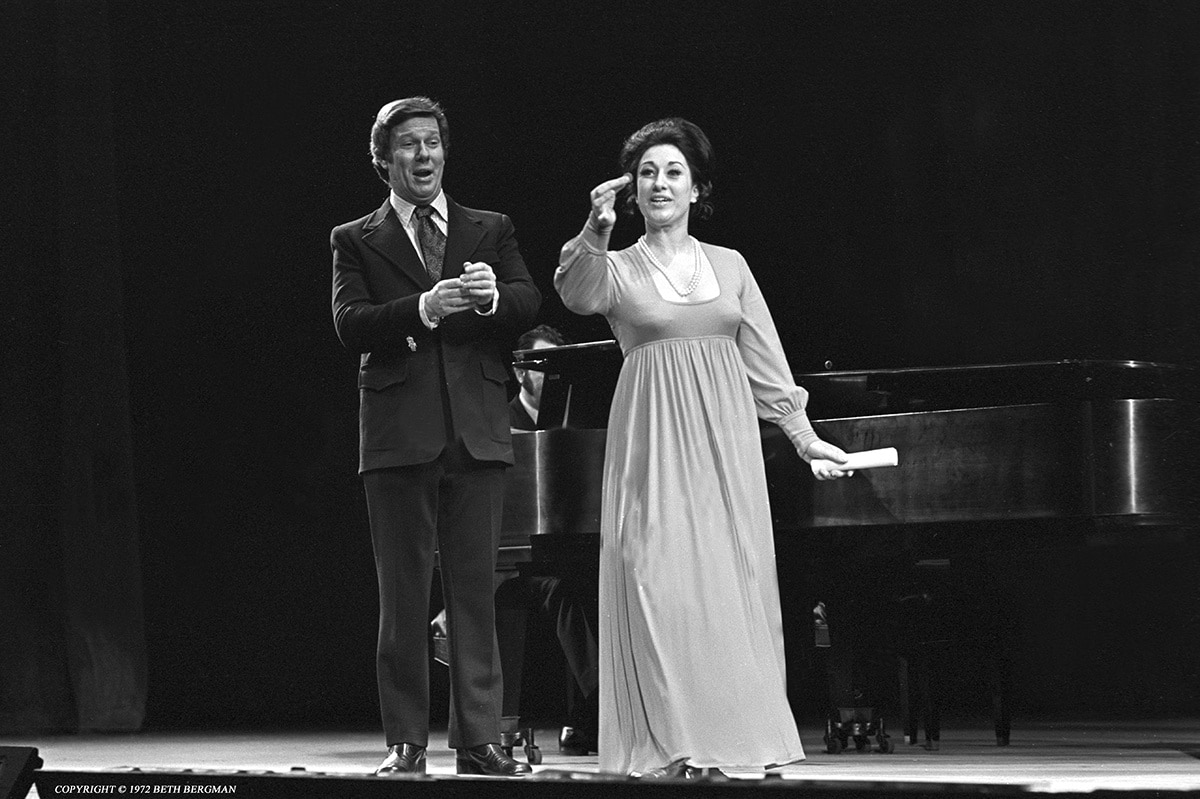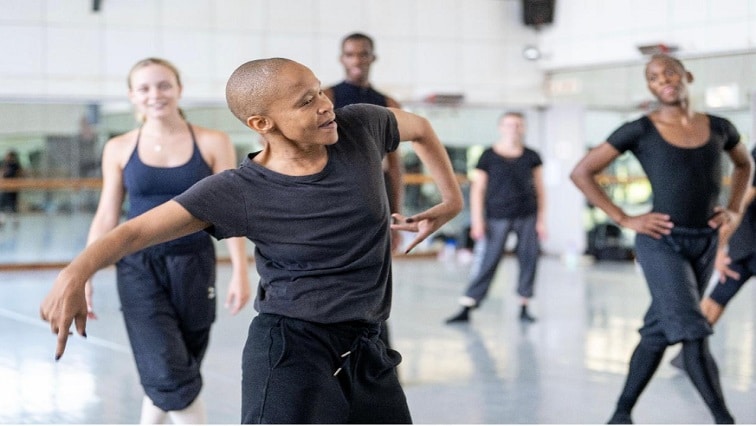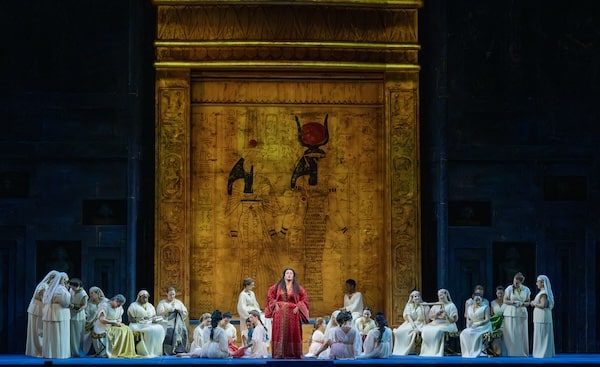The superior side of things in a totally squalid war
mainFrom the Lebrecht Album of the Week:
Just by reviewing this recording I will be accused of taking sides in the war between Armenia and Azerbaijan over the territory of Nagorno-Karabakh, such is the ferocity and pettiness of the largely unreported conflict. Mansurian is, as his name suggests, Armenian. Born in Beirut in 1939 to refugees from the Turkish genocide in Armenia, he returned to Yerevan in the 1950s and lived there fruitfully under Soviet rule and after.
The title track of this album is a meditation for sextet on the 13th string quartet of Dmitri Shostakovich composed in a mixture of Kurtag-like fragments and long devotional lines of Christian worship. The concentration is so intense it feels as if each note was polished and wrapped in cellophane…
Read on here.
And here.
In The Critic
In Czech.
In Spanish.
More languages follow.






Thank you again, Norman, for drawing attention to continued attempts by Turks to exterminate the Armenians in their native homeland. This is a story that has been going on since the 1890’s, culminating of course in the Armenian Genocide of 1915 when the Turks murdered 2/3 of the Armenians living in historic Armenia. Nagorno-Karabagh, known to Armenians as Artsakh, has been populated by Armenians for thousands of years. It only ended up in Azerbaijan as a result of Stalin’s machinations in the 1920s, and the Turkish/Azeri presence since then was an effort at settlement that can be compared to what the Chinese are trying to do in Tibet–move in their own people so the demographics get muddied.
Just so that everyone understands, Azeris are Turks, there is no “Azeri” nationality per se. The difference between the Azeri Turks and the Turks of Turkey is that Azeris are Shiite Turks, as compared to the Sunni Turks of Turkey. And the Turks are enlisting the worst of jihadists including ISIS and the Nusra front–thoroughly loathsome terrorists–to assist them in their genocidal efforts at massacring the Christian Armenians.
What’s interesting to note is that evangelical Christians in the U.S. (i.e. Baptists primarily) aren’t raising a peep, because Israel is one of the primary arms suppliers to the Turks. The hypocrisy from the evangelical Christians, and the corrupt Israeli government who preach “Never Again” about genocide except when it comes to assisting their Turkish allies (and good customers) in their genocidal efforts against the Armenians, is sobering. At least it’s clear that significant popular sentiment in Israel is against the horrors being facilitated by the corrupt and immoral Israeli government.
Why are the Sunni Turks supporting the Shiite Azeris?
They’re all ethnically Turkish, and for them that trumps everything else when it comes to Armenian Christians. Think of the relationship between the Azeris and the Turks similarly to the Catholic/Protestant divide in Germany. They’re still all Germans.
Wikipedia lists a wind quintet by Mansurian. Does anyone know if it’s published or recorded? Schott doesn’t list it, and I haven’t found anything (at least in English) to help me.
that looks like the bombed out pic of the Vienna State Opera House in WW2.
Norman, I’m not sure why anyone would accuse you of taking sides in this regard. Mansurian is a major composer, whose works have been performed everywhere. It’s like if you were accused of bias in reviewing a Khachaturian recording.
The Wayfarer
The beauty of the world hath made me sad,
This beauty that will pass;
Sometimes my heart hath shaken with great joy
To see a leaping squirrel in a tree,
Or a red lady-bird upon a stalk,
Or little rabbits in a field at evening,
Lit by a slanting sun,
Or some green hill where shadows drifted by
Some quiet hill where mountainy man hath sown
And soon would reap; near to the gate of Heaven;
Or children with bare feet upon the sands
Of some ebbed sea, or playing on the streets
Of little towns in Connacht,
Things young and happy.
And then my heart hath told me:
These will pass,
Will pass and change, will die and be no more,
Things bright and green, things young and happy;
And I have gone upon my way
Sorrowful.
Pádraig Pearse